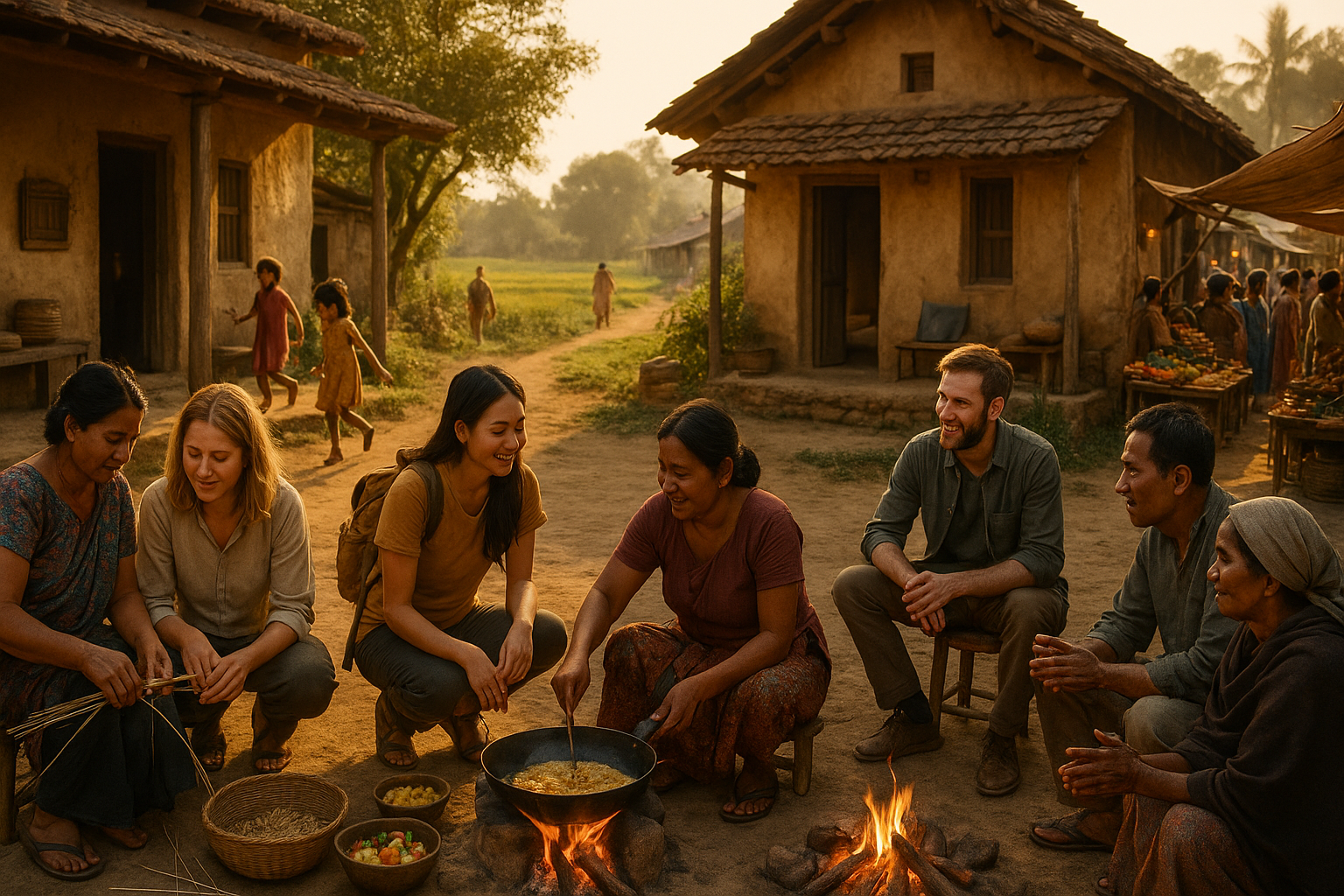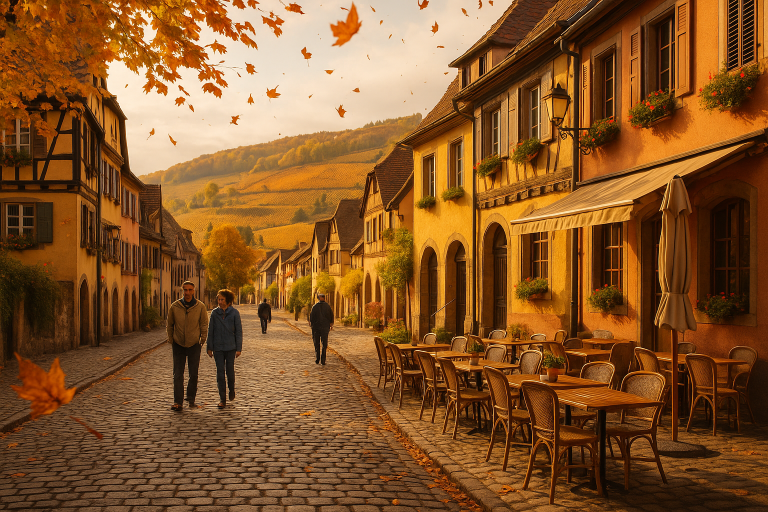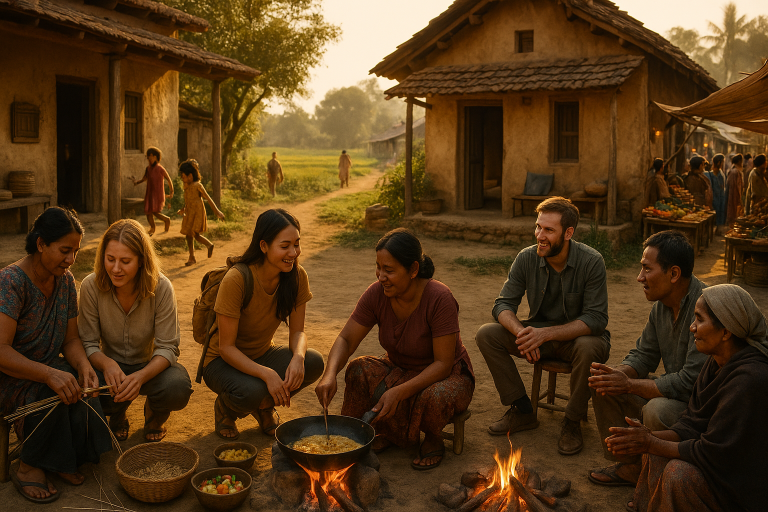
For decades, luxury travel has been synonymous with five-star resorts, private jets, and extravagant amenities. But in 2025, a new wave of travelers is rewriting the definition of luxury. Anti-luxury travel is on the rise—prioritizing cultural immersion, authentic experiences, and meaningful connections over traditional notions of wealth and opulence.
This movement isn’t about rejecting comfort altogether; instead, it’s about redefining what makes travel truly rewarding.
Why Anti-Luxury Travel Is Booming
- Authenticity Over Aesthetics: Travelers are seeking deeper connections with local communities rather than curated, tourist-heavy experiences.
- Sustainability & Ethics: Lavish, resource-intensive tourism often clashes with eco-conscious values. Anti-luxury embraces low-impact, community-based experiences.
- Cultural Curiosity: People want to learn local crafts, join traditional cooking classes, and stay in family-run guesthouses instead of isolating themselves in luxury suites.
- Post-Pandemic Mindset: After COVID-19, many realized the value of personal experiences and human connections over material extravagance.
- Social Media Shift: Modern travelers increasingly showcase unique cultural interactions rather than just infinity pools and champagne dinners.
Examples of Anti-Luxury Travel Experiences
- Staying in Rural Homestays: Living with local families in villages across Vietnam, Nepal, or Morocco to experience daily life firsthand.
- Cooking with Local Nonnas in Italy: Instead of dining at Michelin-starred restaurants, learning traditional recipes in family kitchens.
- Participating in Community Projects: Volunteering at organic farms, wildlife sanctuaries, or artisan cooperatives.
- Exploring Street Food Scenes: From Bangkok night markets to Mexican taco stands, authentic flavors often hide in modest settings.
- Attending Local Festivals: Experiencing events like Holi in India, Dia de los Muertos in Mexico, or wine harvest festivals in France with locals.
Destinations Leading the Anti-Luxury Trend
- Bhutan: Known for “Gross National Happiness,” focusing on cultural preservation and sustainable tourism.
- Portugal: Rural Alentejo region offers farm stays and vineyard tours without luxury pretense.
- Japan: Temple stays in Koyasan or tea ceremonies in Kyoto emphasize tradition and mindfulness.
- Peru: Andean homestays and weaving workshops bring travelers closer to indigenous culture.
- Greece: Lesser-known islands like Ikaria offer authentic lifestyles far removed from luxury resorts.
Benefits of Anti-Luxury Travel
- Deeper Cultural Immersion: Learning local languages, traditions, and ways of life.
- Budget-Friendly: Often far cheaper than conventional luxury vacations.
- Sustainable Tourism: Supporting small businesses and reducing environmental footprints.
- Personal Growth: Gaining empathy, new skills, and fresh perspectives.
How to Plan an Anti-Luxury Trip
- Skip the Chain Hotels: Book eco-lodges, guesthouses, or Airbnb stays run by locals.
- Take Local Transport: Trains, buses, or even cycling tours offer authentic glimpses into daily life.
- Book Experiences, Not Attractions: Pottery workshops, language classes, or village cooking lessons over generic sightseeing tours.
- Eat Where the Locals Eat: Markets, street food stalls, and family-run restaurants instead of gourmet dining.
- Pack Light & Simple: Minimal luggage makes travel flexible and immersive.
The Future of Anti-Luxury Travel
Experts predict a surge in experience-based tourism as travelers prioritize connection, culture, and sustainability. AI-powered trip planners are even helping people design personalized cultural immersion journeys while avoiding tourist traps.
Luxury brands, noticing this shift, are evolving too—offering ‘barefoot luxury’ experiences like eco-resorts, wellness retreats, and farm-to-table dining that blend comfort with authenticity.
Final Thoughts
Anti-luxury travel is about trading grandeur for genuineness, replacing exclusivity with inclusivity, and choosing cultural richness over material indulgence. Whether you’re learning to make pasta in a Tuscan farmhouse or joining a desert caravan in Morocco, this trend invites travelers to see the world through the eyes of locals—creating memories that last far beyond the journey.





